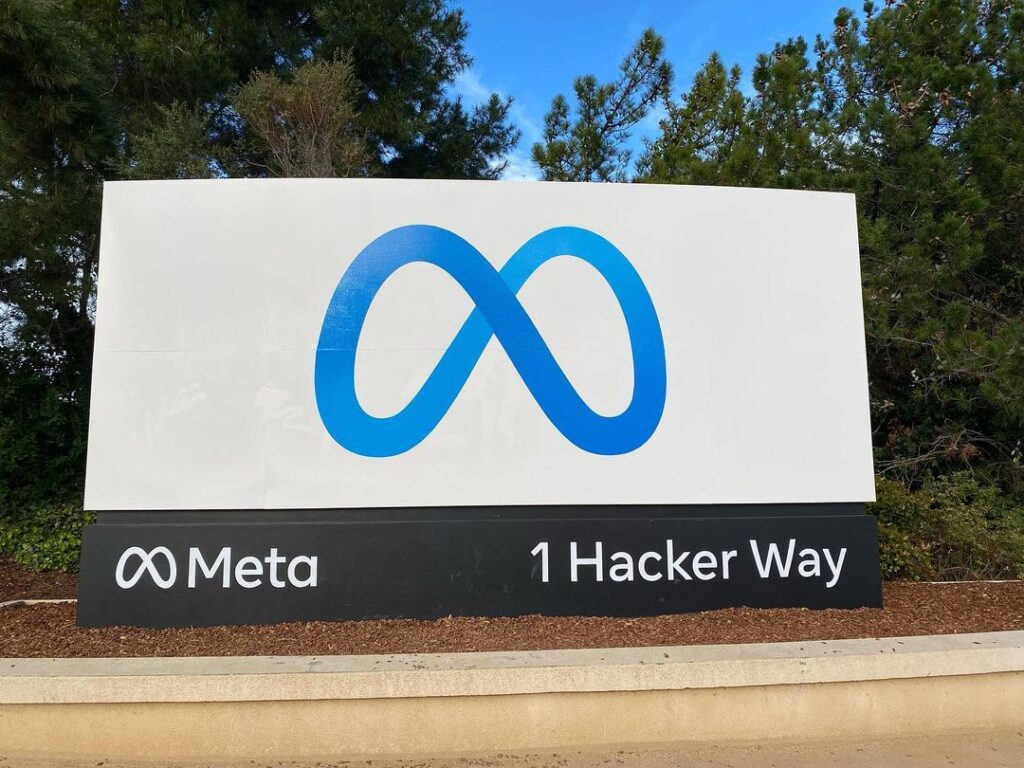In the aftermath of Alphabet’s (GOOG) and Snap’s (SNAP) weak earnings reports, it came as no surprise that eroding advertising demand and rising competition from TikTok also battered Meta Platforms’ (META) results in Q3.
As a result of those headwinds, the downward trend in revenue growth continued as META’s top line fell by 4.5% yr/yr, marking a new low for the company. What is catching investors off-guard, though, is META’s rising expenses and its rapidly contracting margins. For the quarter, total expenses jumped by 19% yr/yr to $20.05 bln, outpacing revenue growth by a wide margin. This led to a massive 16 percentage point yr/yr decline in operating margin to 20%, and, ultimately, to META’s sizable EPS miss.
The earnings miss only partly explains why the stock is getting crushed today.
META’s FY23 expense and capex guidance of $96-$101 bln and $34-$39 bln, respectively, is what’s really causing the stampede out of the stock. Based on the updated FY22 guidance, this equates to yr/yr expense and capex growth of 15% and 12% at the mid-point of the guidance ranges.
META does plan to trim its workforce and CEO Mark Zuckerberg expects the company to be smaller in FY23. However, Zuckerberg hasn’t wavered on his metaverse aspirations, even as META’s bread-and-butter Family of Apps (Facebook, Instagram, WhatsApp) segment continues to sputter.
META’s spending next year will focus on AI infrastructure to support the build out of the metaverse and the expansion of Reels — META’s short-format video platform.
There’s no relief on the horizon, either, with META expecting losses for Reality Labs to expand considerably next year.
META’s freefall since late last year is quite astounding. The stock’s ~68% yr/yr collapse is really a reflection of a loss of confidence in the company’s earnings and cash flow generation capabilities. While the degradation of advertising demand is clearly an industry-wide problem that’s out of META’s control, it’s the self-inflicted wounds of ramping up spending while others are clamping down that’s creating significant frustration among investors.





